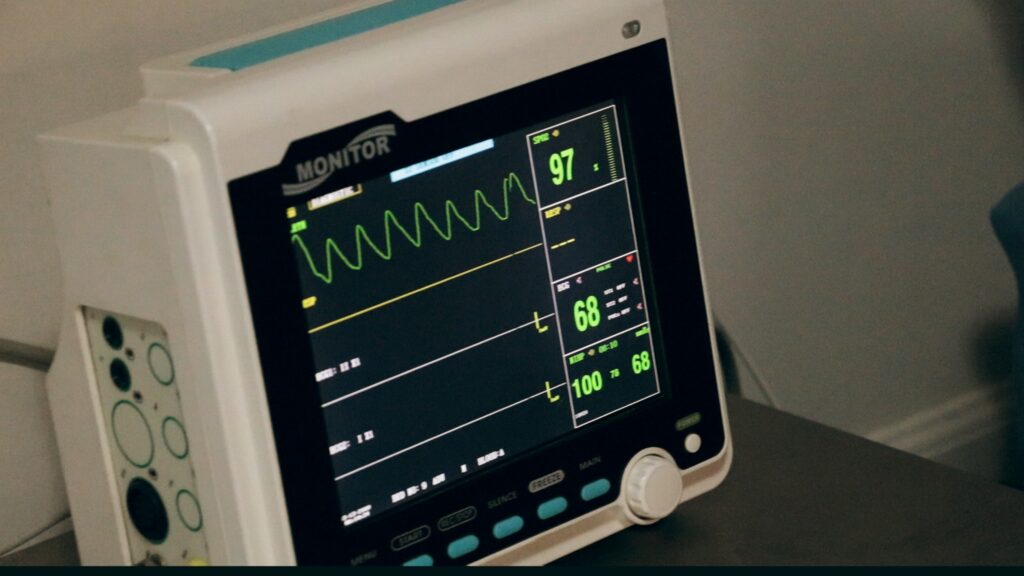
Peer review hearings are part of the healthcare system’s structure of checks and balances. Their purpose is to assure that physicians and other medical professionals maintain the highest standards of medical practice. These reviews produce an impartial evaluation of a physician’s performance by their peers. The goal is to hold medical professionals accountable for their work, endorse safety, and support the healthcare system.
The initiation of a peer review hearing often arises from questions surrounding a physician’s clinical competence or professional conduct. These concerns may result from a patient complaint, a series of medical errors, unprofessional conduct, or anxiety about a physician’s health, potentially impacting their ability to practice. In states like California, reporting requirements may also spark a hearing.
The intent of these hearings is not punitive but rather to address the situation and implement necessary measures to assure patient safety. The structure of a clinical peer review process can vary depending on the role of the medical professional, the situation, and the healthcare institution’s policies.
During a doctor peer review, the physician under review is entitled to certain legal rights to ensure a fair and unbiased process. These rights, which can differ by region, include being informed of the charges or concerns against them, the right to legal representation, and the right to present evidence and call upon witnesses for their defense. This necessitates the need for a physician peer review attorney/ physician defense attorney to effectively protect the physician’s interests.
The role of a physician peer review lawyer is invaluable during a peer review hearing. These lawyers have healthcare law expertise and can assist a physician in understanding the process, their rights, and the potential repercussions of the hearing. A physician attorney [peer review] can also guide the physician in addressing the concerns or charges, aid in preparing evidence and witnesses, and represent the physician during the hearing itself. Considering the potential career impact of a peer review hearing, engaging a proficient legal counsel is crucial.
The outcomes of a peer review hearing can range widely. Committees may find no cause for concern and recommend that no action be taken, which would allow the physician to continue their practice as normal.
Conversely, they might suggest actions that can range from additional training or supervision to implementing restrictions on the physician’s practice. In extreme situations, the committee might recommend suspension or termination of the medical professional’s hospital privileges. An unfavorable outcome from a peer review hearing can have an immediate and lasting impact on a physician’s reputation, career progression, and ability to practice medicine.

Adequate preparation is key to successfully maneuvering a clinical peer review. From a legal perspective, this involves understanding the charges or concerns, knowing your rights, gathering evidence, and preparing a robust defense. Consulting with a physician peer review lawyer experienced in healthcare law can be invaluable in guiding this process.
Preparation for a doctor peer review might involve reflection on the concerns raised, seeking feedback from colleagues, and considering necessary alterations to your practice. The nursing peer review process operates similarly and can vary by region and healthcare facility.
If a physician disagrees with the outcome of a medical board hearing, they may have the right to appeal. The specifics of this process are dependent on the healthcare institution’s policies. They typically require written appeal requests, presenting arguments against the decision, and potentially, a second hearing. Given the potential for further professional and legal repercussions, having a physician defense attorney during an appeal is crucial. In California, a negative appeal outcome may also mandate reporting to the Medical Board, further highlighting the seriousness of these proceedings.
Fenton Jurkowitz Law Group is well versed in medical peer reviews and has worked with medical professionals through this process. Whether you need assistance understanding the process, building a defense, or appealing the outcome of a clinical peer review, we can help guide you through the appropriate legal processes. If you are looking for a physician peer review lawyer or a healthcare attorney in Los Angeles, reach out and fill out our online contact form.